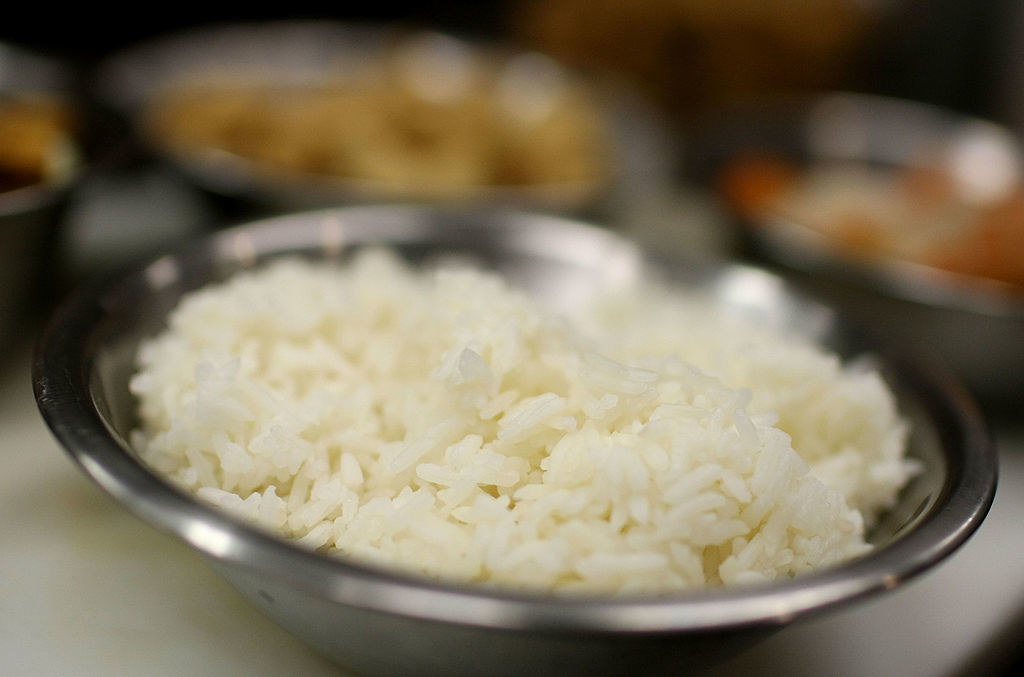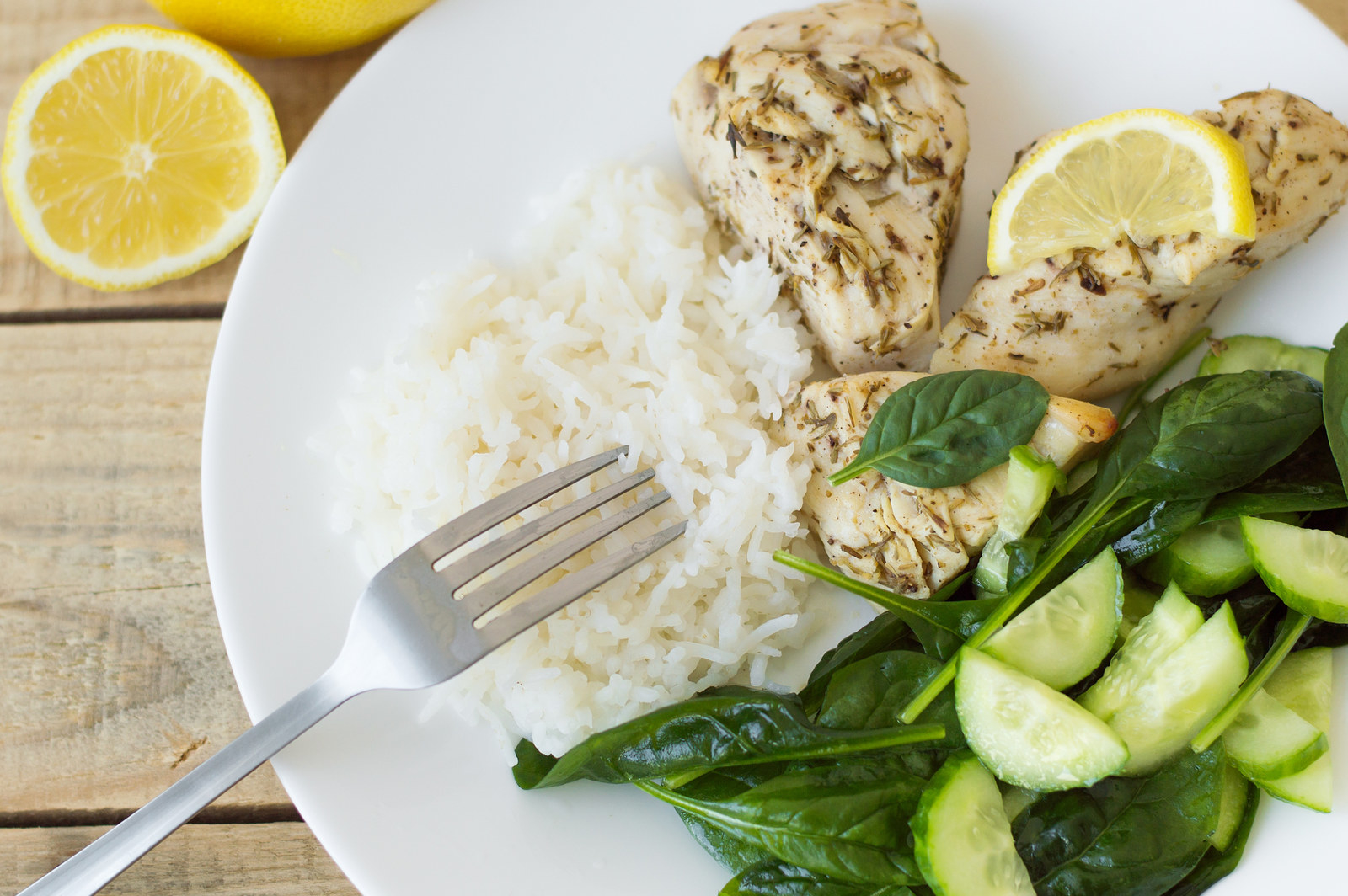Earlier this week many media outlets reported that if you don't cook your rice in a certain way, then you could be putting yourself at risk of arsenic poisoning.

The warning came from Professor Andrew Meharg, a biogeochemist at Queen's University Belfast who has studied arsenic levels in rice for more than 30 years. In 2015 he published a study suggesting we might want to rethink the way we cook rice.
After an experiment as part of the BBC's Trust Me, I'm a Doctor, Meharg concluded that the way rice is commonly cooked – using two parts water to one part rice – could be increasing our risk of heart disease and cancer.
Instead Meharg said we should soak rice overnight, and then cook it in a 5:1 water-to-rice ratio, in order to cut arsenic levels by 80%.

"We have long been looking at solutions for removing elevated levels of arsenic from rice, agronomic, breeding etc," Meharg told BuzzFeed News. "It seems that the simplest solution, cooking, is the most effective.
"Using large volumes of water to cook rice to remove arsenic is now very established … The soaking is just another logical step."
But according to the UK's Rice Association, the way we cook our rice probably isn't something we need to be overly worried about in this country.

Essentially this means that the rice we buy in British shops should not contain dangerous levels of inorganic arsenic.
"Rice millers have done a lot of testing to see what the levels are in their products, and about 99.9% has been compliant and below those levels," Alex Waugh, a spokesperson for the Rice Association, told BuzzFeed News. The average is well below the maximum.
"Rice seems to be better than other cereal crops at extracting arsenic from the soil, so it does tend to have higher levels. But the arsenic is not coming from pesticides or industrial pollutants, it's just naturally occurring in the soil."
Waugh said there tend to be higher levels of arsenic in river-delta regions such as in Bangladesh, where there are high background levels of arsenic in the soil and drinking water. However, that's not a problem in the rice we tend to eat in the UK. "The rice doesn't come from regions that have high levels of arsenic anyway, so it's much less of an issue," he said.
Aisling Pigott, a spokesperson for the British Dietetic Association (BDA), told BuzzFeed News that rice does contain arsenic, "but obviously the amounts are very small”.

Pigott, who works as a dietitian in South Wales, said cooking methods are not a significant contribution to the arsenic content of our diet. She said: "There are currently no specific guidelines in relation to arsenic and cooking methods, as risks are considered minimal.
"The main thing to remember is that although there are only tiny amounts of arsenic in rice, it may not be appropriate to have large quantities – for example, rice for breakfast, lunch, and tea followed by rice pudding. However, in normal amounts it remains appropriate."
The only risk may be with children under 5 years old. Ideally, she says, they shouldn't drink rice milk on a regular basis, because their small size means they would be getting more arsenic per kilo of bodyweight. But this advice is mostly precautionary.
Overall, Pigott said, the most important thing to think about is having a balanced diet and varied meals. "It is unhealthy to only have one source of carbohydrate –whether that be bread, rice, or potato,” she said. “Choosing a varied diet is best for health.”
So is it necessary to soak your rice overnight, and then cook it in a 5:1 water-to-rice ratio to prevent arsenic poisoning? Only if you are very concerned about your overall arsenic intake, Waugh said.
"The levels of arsenic in rice are already low," she said. "If you are the kind of person that really worries about these things, then you could cook it in that way, and the levels of arsenic that are already low would be even lower.
"But the levels we have are not unsafe … and on the basis of the evidence we have it shouldn't be a concern in the UK."
